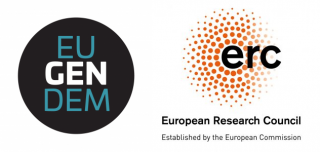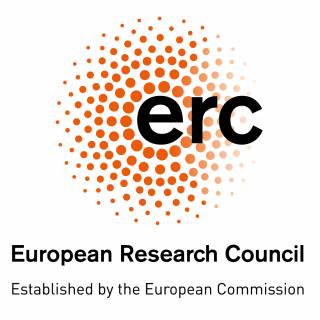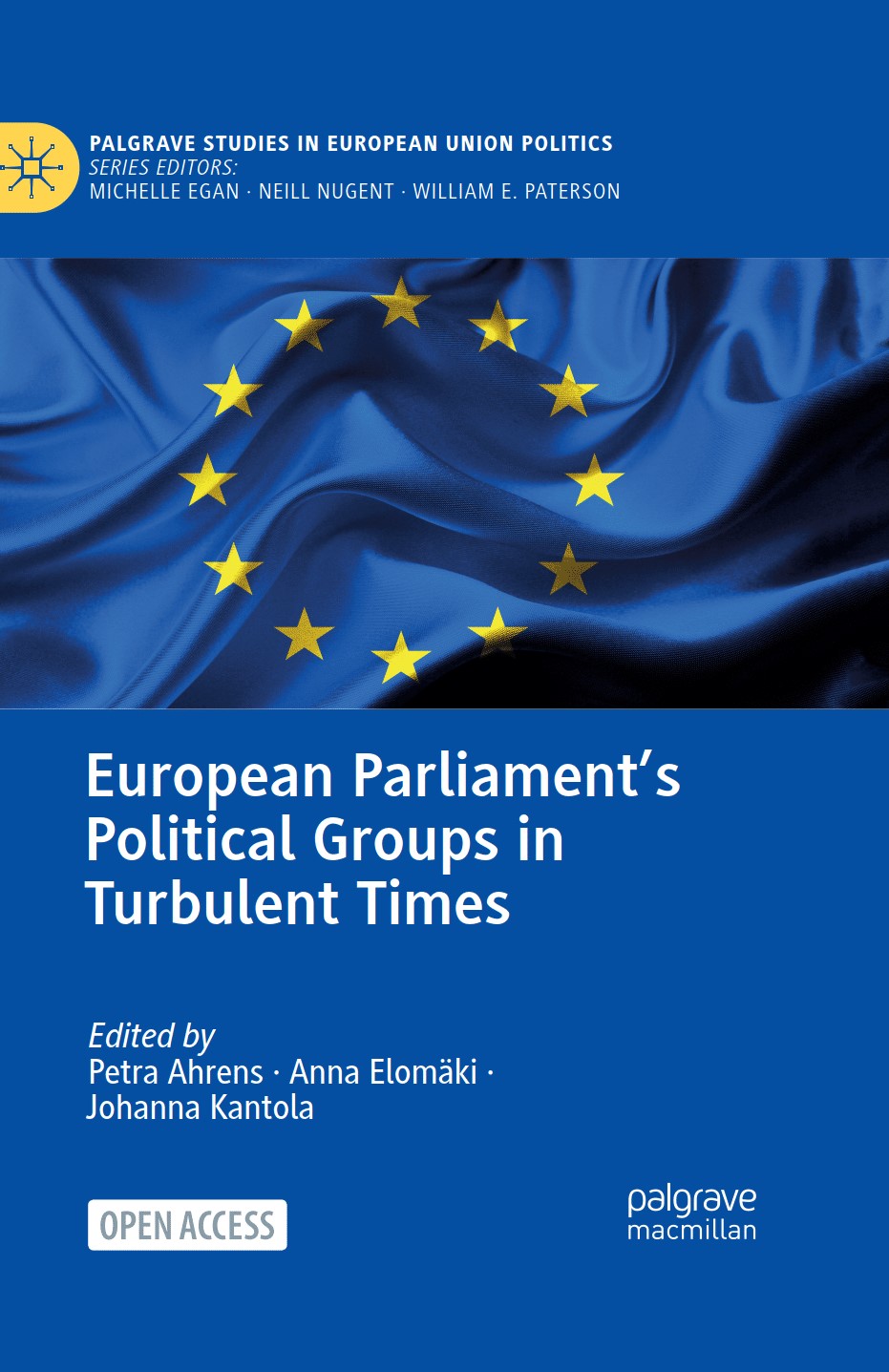‘European Parliament’s Political Groups in Turbulent Times‘ provides the first ever authoritative collection of scholarly insights, based upon original research, into the political groups of the European Parliament. It analyses their importance from multiple perspectives critically assessing their role and significance in EU politics. Leading scholars examine political group formation and function, policy-making, Euroscepticism and populism, and interactions with external actors. Each chapter opens hitherto unexplored ‘black boxes’ in the EP’s political work, such as internal practices of, and power relations within the political groups, and informal arenas of intra-group decision-making. The book will be published open access in the summer of 2022.
Petra Ahrens is Senior Researcher in the Faculty of Social Science, Tampere University, Finland.
Anna Elomäki is Senior Researcher in the Faculty of Social Sciences, Tampere University, Finland.
Johanna Kantola is Professor of Gender Studies, Faculty of Social Sciences, Tampere University, Finland.
Endorsements:
This edited volume collects a diverse array of authors and perspectives on the changing character and role of the EP political groups in the 21st century. The contributions provide a comprehensive and cohesive review of the political groups in the context of a European Parliament experiencing increased polarization, high expectations and increased responsibilities. Together these contributions highlight the complexity of the EP political groups while confirming their centrality within the broader EU political system.
Professor Amie Kreppel, University of Florida, USA
This book brings together some of the best new research on the political groups in the European Parliament. Based on an impressive set of interviews and careful field research, the scholars uncover the interconnection between formal and informal processes, and shed new light on how democratic representation and equality play out inside the EU’s only directly elected institution. This is a must-read for anyone interested in EU politics or democratic representation in Europe.
Professor Simon Hix, European University Institute, Italy
With the Spitzenkandidaten procedure and the growing politization of the EU regime, the political groups of the European Parliament (EP) have become major actors of the European polity. The deep evolution of the EP’s partisan landscape announces a new era of EU politics, that requests new studies and approaches. This book gathers a unique set of papers analysing the European political groups from various angles, and providing a fresh view on the political dynamics within the EP.
Professor Olivier Costa, CNRS-Sciences Po (Paris, France) and College of Europe (Bruges, Belgium)
This volume explores exciting avenues for understanding the European Parliament, its internal practices and its position in the EU polity. It provides crucial insights by integrating concepts of gender, power and contestation into the analysis of the parliament’s political groups. The authors make an important contribution to the study of democratic practices in EU politics. The book is a must-read for gender and EU scholars as well as for those interested in the European Parliament.
Professor Gabriele Abels, University of Tübingen, Germany
Reviews:
From the review by Angelos Chryssogelos (2022), Exploring the cave of the unknown: transnational party politics in the EU, Journal of European Integration, DOI: 10.1080/07036337.2022.2055839 (pp. 3-4):
Political Groups in Turbulent Times expands the analysis to more party groups in the contemporary context. The picture that emerges is particularly complex, as EP groups contain multitudes of national interests that need to be coordinated in order for them to present a coherent position. Contributions in the book highlight how EP groups have developed increasingly sophisticated rules of procedure and permanent institutional structures that allow their leaders to coordinate the actions and votes of their members, as well as how they formulate their positions and interact in the less visible but potentially highly significant stage of negotiating legislation in parliament committees. Thus, the volume examines both intragroup and intergroup dynamics in the EP. (…) Ahrens et al.’s volume paints a complete picture by accounting also for the informal nature of EP politics. (…) The chapters in this book demonstrate the importance of informal interactions, networking and norms of procedure inside and between groups to capture fully what goes on inside the EP. (…) The volume also goes beyond these usual topics to cover important new ground, for example dimensions of hierarchy in EP groups like seniority and gender (chapters by Kantola and Miller). In this sense, Ahrens et al.’s book is ultimately more than a study of EP institutional processes and politics. It is a sociological account of a dense institutional space whose actors are constituted by a web of formal and informal rules, practices and norms.



